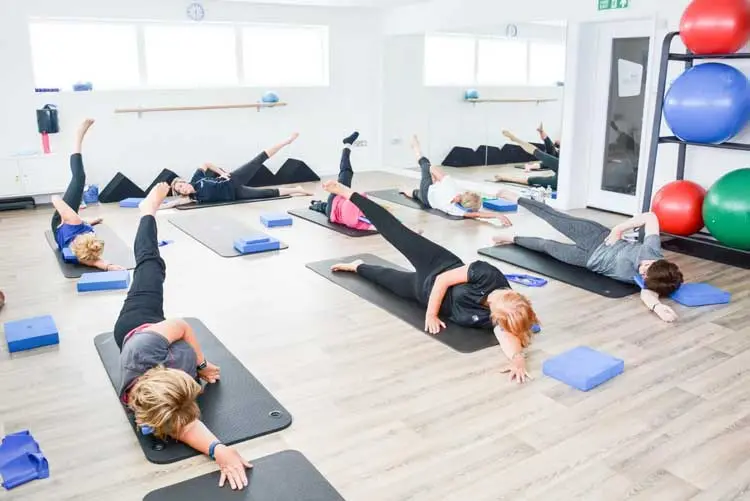I love a great documentary that investigates and highlights issues in health & wellbeing. This week, BBC’s Dr Chris van Tulleken challenged GP’s to see if they could reduce the amount of pills they prescribe on The Doctor Who Gave Up Drugs.
The increase in the prescription of drugs to solve common medical complaints is frightening. Dr van Tulleken describes the problem as
“A tsunami of drugs”
The healthy person in a normal lifetime consumes up to 100,000 pills. Yet, much of the science actually says the drugs don’t work. The programme obviously acknowledges that medication is often essential and the progress that has been made in this field saves lives. However, for so many conditions there are alternative approaches that can actually be more effective.
The programme featured a lady who’d been suffering with shoulder and back pain for the last 20 years. This lady had been taking painkillers for 20 years, increasingly more in the last 2 years. However, despite her cocktail of drugs, she still suffered with ongoing pain. She said she’d tried physio and exercises but admitted she’d given the little commitment. Her husband’s comment was that she’d
“Rather pop a pill than do exercises”
Dr van Tulleken carried out a little test, where he unknowingly and gradually replaced her pain medication with placebo drugs. It made absolutely no difference, so irrelevant of whether she was taking painkillers or not, her pain levels varied.
She was encouraged to do some carefully prescribed exercises under supervision, and ended up not taking any painkillers and more importantly than that had hope that she wouldn’t have to live with pain. What people don’t commonly know is
“Exercise is a painkiller”
Many people just want the easy answer. Both GP’s and patients are choosing the easy option, prescribing and taking drugs. But there are alternatives and physiotherapy is such a great one. The power of exercise, activity and from our view the reassurance we provide is phenomenal. Often people are scared to move, frightened of exercising, thinking that it’ll do more harm. But what we provide is time, education and support to help people do the right exercises.
No, it’s not the easiest solution. It takes time, it takes some investment and commitment. Things may get a little worse before they get better and it can be a bit of a rollercoaster at times. But alternatives to drugs have to become more recognised and a first point of call instead of reaching for the prescription pad.

Would be interested to hear your thoughts on this programme if you watched it or any experiences of reliance on painkillers you’d like to share.



